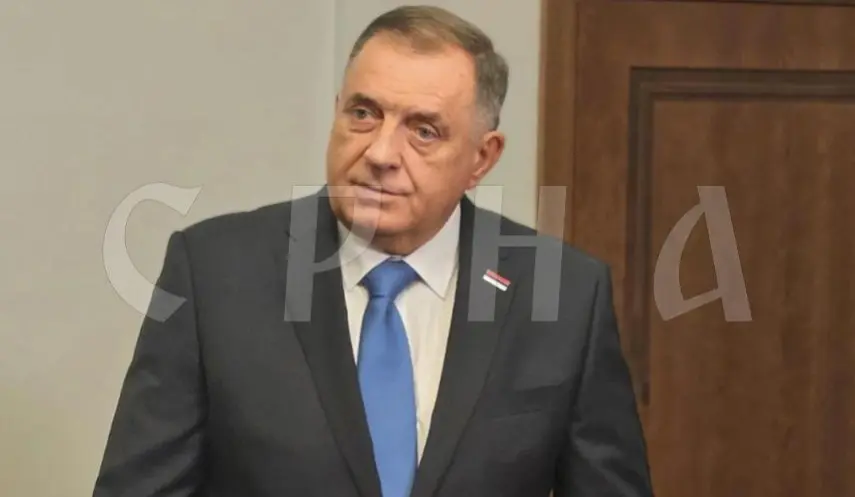EUROPEAN FESTIVAL OF SERBIAN FOLKLORE OPENED
Republika Srpska - Banja Luka - festival
06/07/2025
17:10
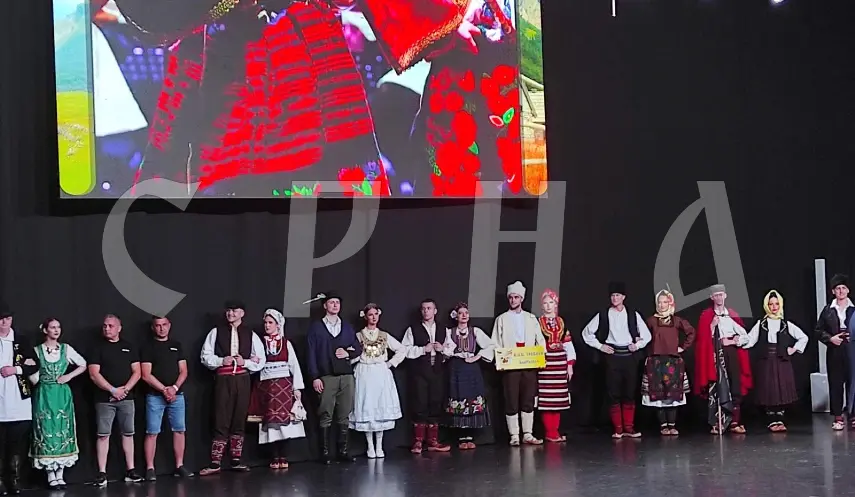
BANJA LUKA, JUNE 7 /SRNA/ - The European Festival of Serbian Folklore of the Diaspora and Serbs from the Region opened today in Banja Luka, bringing together 32 folklore ensembles with over 1,600 participants from various countries. Through dance and song, they will showcase the rich cultural heritage of the Serbian people and their strong connection to their homeland.
Željka Stojičić, the Minister of Education and Culture of Republika Srpska, emphasized that this event beautifully connects young people of Serbian descent across Europe with their heritage, language, tradition, and homeland.
“This is not just a cultural event, but also an expression of love for our origins, ancestors, and the land that laid the foundations of our collective identity,” Stojičić said at the opening of the festival.
She added that folklore, as a link between the past and the present, carries the living memory of the Serbian people, their history, struggles, joys, sorrows, and victories.
The Vice President of the Association of Serbian Folklore in the Diaspora, Aleksandar Stanković, said that cultural and artistic societies from Austria, Germany, Switzerland, France, Romania, Slovenia, Croatia, and Republika Srpska will perform at the festival.
He emphasized that the goal of this, the 27th festival, is to preserve the Serbian language, culture, and tradition, as well as to connect young people from the Diaspora with their peers living in the region.
“All the experiences they gain here enrich their lives in the Diaspora, because a person without roots can never feel secure or truly be themselves. That’s why this gathering brings us joy year after year, and young people eagerly await its return,” Stanković told reporters.
Vladimir Koturović, Independent Advisor in the Directorate for Cooperation with the Diaspora and Serbs in the Region at the Serbian Ministry of Foreign Affairs, said that this festival provides an opportunity for Serbian folklore groups from the Diaspora to showcase their work, songs, dances, and customs from various regions where Serbs live.
"That is also an important cultural event for folklore enthusiasts and the audience,” Koturović said.
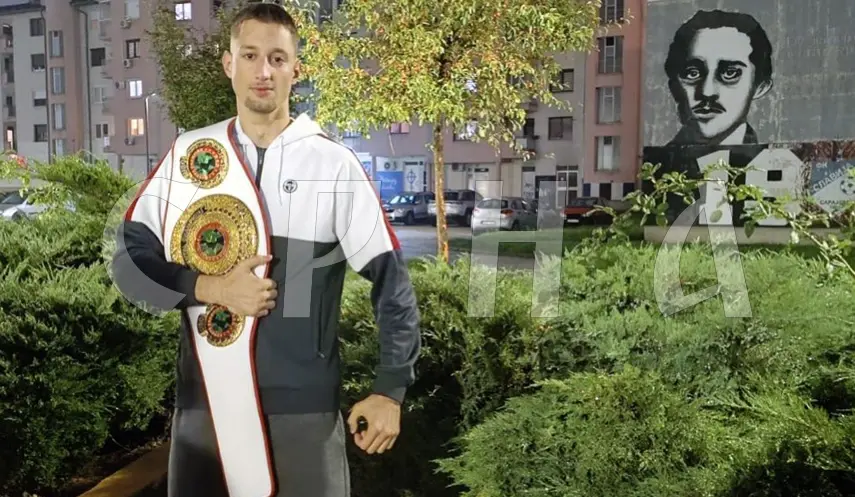
RECEPTION HELD FOR NEW EUROPEAN BOXING CHAMPION IN UBO VERSION
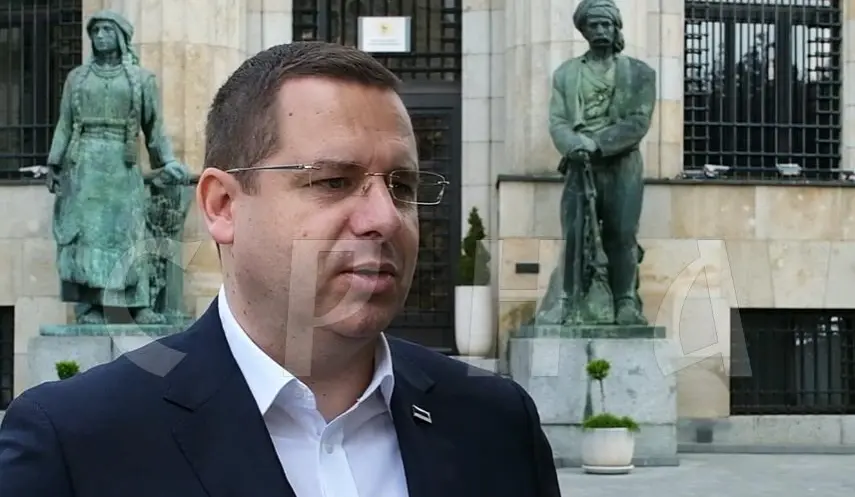
KOVAČEVIĆ: SDS AND OPPOSITION WEREN'T LOOKING FOR PRESIDENTIAL CANDIDATE, BUT FOR SOMEONE WILLING TO LOSE ELECTIONS
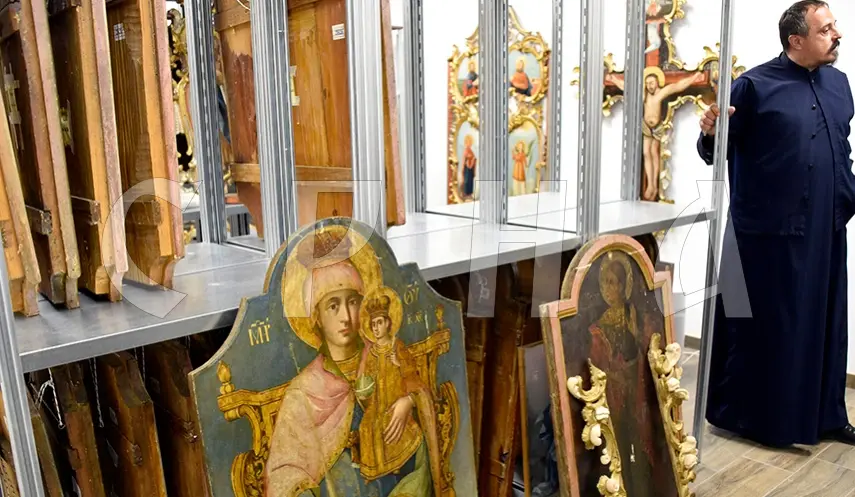
BISHOP JOVAN: BISHOP'S PALACE IN PAKRAC HAS RICH CULTURAL LIFE
